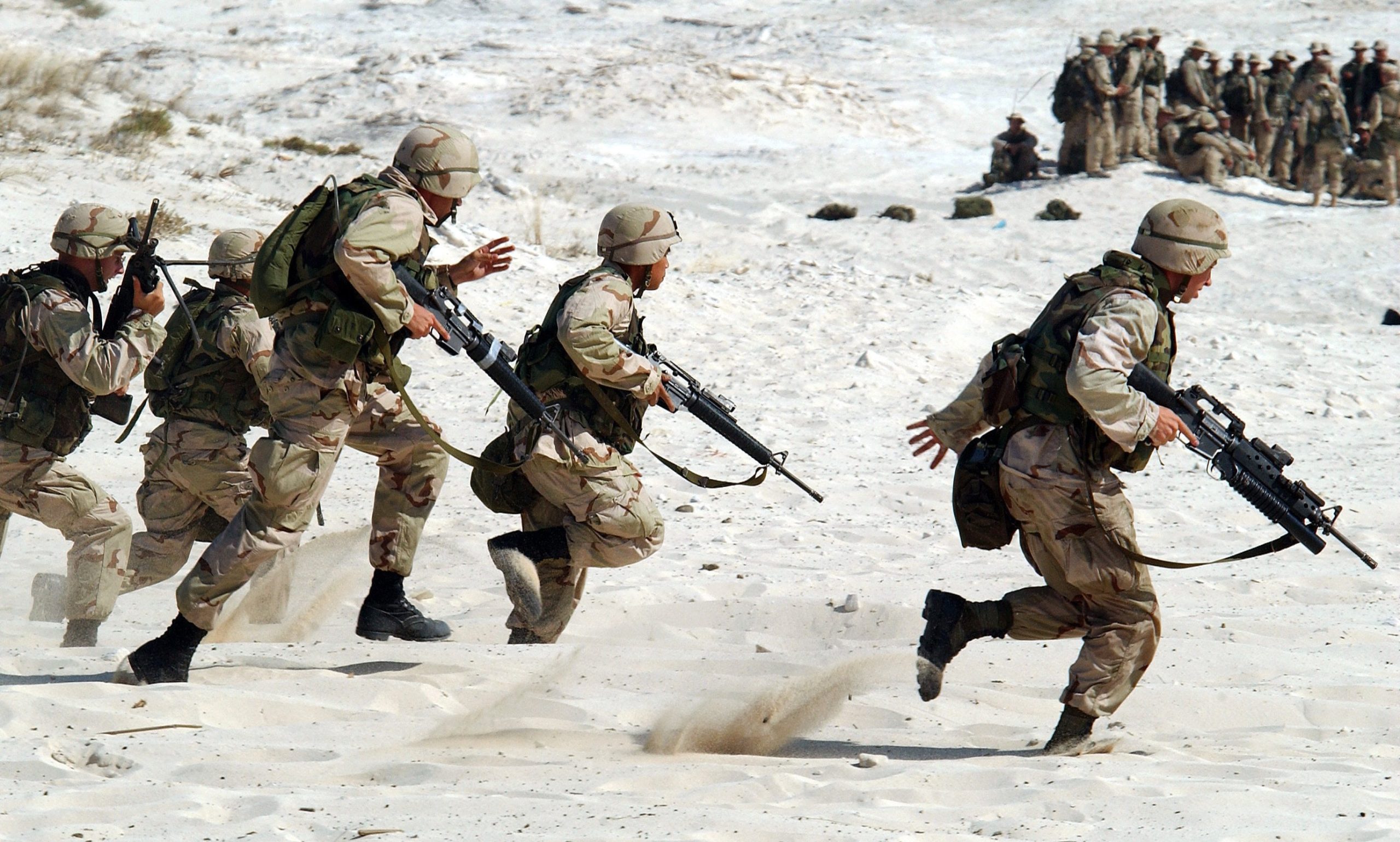
PTSD in Combat: Understanding the Mental Health Challenges of War
The experiences of war leave an indelible mark on those who serve in combat. Beyond the physical dangers, many military personnel face psychological challenges that can persist long after they return home. Post-traumatic stress disorder (PTSD) is a prevalent mental health condition among veterans, profoundly impacting their well-being and quality of life. In this article, we will delve into the mental health challenges faced by combat veterans, the symptoms of PTSD, and the importance of understanding and addressing this complex condition.
The Impact of Combat Trauma:
War exposes soldiers to traumatic events and life-threatening situations that can trigger intense stress responses. The exposure to combat-related trauma, witnessing injury or death, and enduring high-stress environments can have lasting effects on mental health.
Symptoms of PTSD:
PTSD manifests through a range of symptoms, including intrusive memories, nightmares, flashbacks, hyperarousal, avoidance behaviors, negative mood, and cognitive difficulties. These symptoms can significantly disrupt daily life and relationships, leading to feelings of isolation and distress.
Factors Influencing PTSD Development:
Various factors contribute to the development and severity of PTSD in combat veterans. These may include the intensity and duration of combat exposure, personal resilience, pre-existing mental health conditions, social support networks, and access to adequate post-deployment care.
Barriers to Seeking Help:
Stigma, misconceptions, and fear of judgment can act as significant barriers for combat veterans in seeking mental health support. Overcoming these barriers and fostering a culture of understanding and compassion is crucial to ensuring that veterans receive the help they need.
Treatment and Support:
Effective treatments for PTSD in combat veterans include psychotherapy, medication, and complementary therapies. Cognitive Behavioral Therapy (CBT), Exposure Therapy, Eye Movement Desensitization and Reprocessing (EMDR), and group therapy have shown positive outcomes in managing PTSD symptoms and facilitating healing.
The Importance of Awareness and Support:
Raising awareness about the mental health challenges faced by combat veterans is vital in promoting understanding and empathy. Offering support through veteran-focused organizations, peer support networks, and community initiatives can create a safe space for veterans to seek help and navigate their journey to recovery.
Conclusion:
PTSD in combat veterans is a serious mental health challenge that demands understanding, compassion, and targeted support. By recognizing the impact of war trauma and providing accessible and effective treatment options, we can empower veterans to overcome the invisible wounds of war and lead fulfilling lives. Supporting and honoring those who have served our nation requires a collective effort to address the mental health challenges they face with empathy, respect, and comprehensive care.



